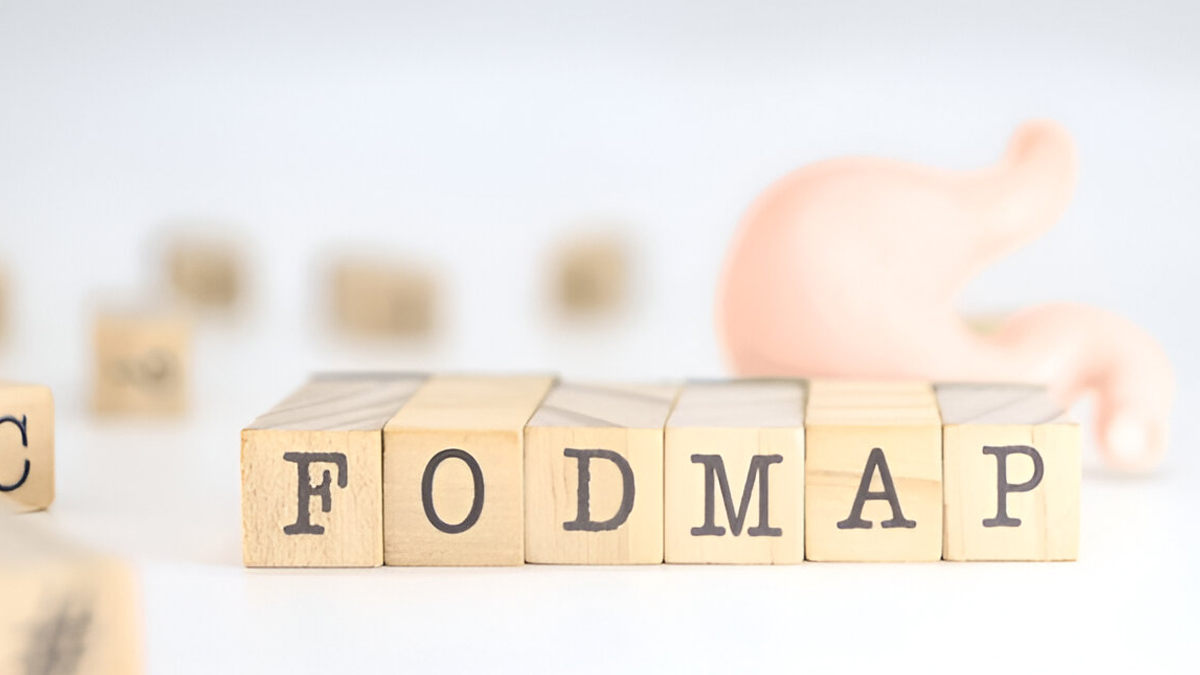
We often think of gluten-related illnesses as black or white. Either you have celiac disease, diagnosed through a set of established tests, or you don't. But take, for instance, a patient who walks into the clinic complaining of bloating, brain fog, and fatigue every time they eat bread or chapati. Their blood tests are clear. Their intestinal biopsy looks normal. Yet, their symptoms are real. This is where Non-Celiac Gluten Sensitivity (NCGS) enters the picture, a condition that’s increasingly being recognised, but still misunderstood.
Table of Content:-
We spoke to Dr Pavan Reddy Thondapu, HOD - Medical Gastroenterology, Arete Hospitals, Hyderabad, who explained NCGS, its symptoms, and treatment.
The Symptoms Are Real, Even If the Tests Aren’t

"Patients with NCGS often present with symptoms that overlap with other gut disorders: abdominal pain, bloating, gas, irregular bowel habits, and even joint pain or fatigue. Some report mental fogginess, irritability, or lethargy," said Dr Thondapu. Unlike celiac disease, there's no measurable immune reaction in blood or damage to the small intestine. And unlike a wheat allergy, there’s no IgE-mediated response.
How do we know gluten is causing the problem? “We don’t, not in the conventional sense. The diagnosis here is largely clinical and exclusion-based, which means other conditions like celiac disease, wheat allergy, and Irritable Bowel Syndrome (IBS) must first be ruled out. After that, if symptoms improve upon gluten withdrawal and reappear with reintroduction, we lean toward a diagnosis of NCGS, he Dr Thondapu.
A study published in the American Journal of Gastroenterology found that individuals without celiac disease who followed a gluten-free diet reported a return of symptoms upon gluten reintroduction, even in the absence of measurable biomarkers.
Also Read: 3 Common Coeliac Disease Myths Debunked By A Gastroenterologist
An Indian Context: Rotis, Rava, and the Gluten Link
In India, gluten is part of daily life. Whether it is atta in rotis, semolina in upma, or even hidden sources like thickeners in sauces, wheat finds its way into most kitchens. This makes NCGS particularly challenging to recognise here. Patients may go years attributing symptoms to gas, acidity, or weak digestion.
Moreover, access to specific diagnostics, including genetic typing or small-bowel biopsies is not available beyond urban areas. That leaves the responsibility in the hands of the clinician to listen well and make the connections, particularly when routine tests are unremarkable.
What Might Be Going On Beneath the Surface?

"Researchers still don’t fully understand why NCGS occurs. One theory suggests that other components in wheat, such as fructans (a type of FODMAP), may be responsible for symptoms, rather than gluten itself. Others propose that some individuals have an innate immune system reaction, not the autoimmune one seen in celiac disease. The gut-brain axis may also play a role, especially in patients reporting fatigue or cognitive symptoms," explained Dr Thondapu.
That said, there's no biomarker or scan that 'proves' NCGS. The absence of physical evidence has, unfortunately, led to the perception that it's all in the head, which is unfair and inaccurate.
When Should a Doctor Suspect NCGS?
When a patient presents with recurring symptoms related to wheat consumption, however, is negative for celiac disease and wheat allergy, it's possible to consider NCGS. This is applicable if the symptoms resolve significantly during a gluten-free diet trial and recur after the reinstatement of gluten.
It’s important, though, not to start a gluten-free diet prematurely. Doing so before ruling out celiac disease can make diagnosis difficult, as test accuracy drops when gluten is removed from the diet.
Also Read: Can You Develop Celiac Disease When You're Older?
Managing a Diagnosis Without a Test
“Management of NCGS is presently focused on symptom control and quality of life. A structured, monitored gluten-free diet is the mainstay. But unlike celiac disease, where lifelong strict avoidance is essential, patients with NCGS may not require total elimination. Some can tolerate small amounts occasionally,” added Dr Thondapu.
Dieticians play a crucial role here. Nutritional deficiencies are a risk when major dietary staples are removed. It’s important to substitute wheat with other healthy grains like rice, millet, or buckwheat, rather than jumping on the gluten-free junk food trend.
The Emotional and Social Side
It’s not just about food. Many patients with NCGS struggle to be taken seriously. Their symptoms are dismissed, or worse, attributed to anxiety or lifestyle. They often face judgment when requesting gluten-free options at social gatherings or restaurants.
This is where medical validation matters. By simply acknowledging a patient’s symptoms as real and helping them navigate food choices in a culturally appropriate manner, you can have a profound impact.
Bottomline
Dr Thondapu concluded, “We still have more to learn NCGS is a grey area in gastroenterology. But grey doesn't mean imaginary. For many Indians silently suffering from unexplained gut issues, understanding this condition can be the first step toward relief. As clinicians, our role is to listen, rule out what we can, and guide patients through the rest, without judgment and assumptions. Because in the end, improving quality of life matters.”
If you're experiencing persistent symptoms after eating wheat, even with normal test results, it's worth discussing with your doctor. Sometimes, the gut speaks before the lab does.
[Disclaimer: This article contains information provided by an expert and is for informational purposes only. Hence, we advise you to consult your professional if you are dealing with any health issue to avoid complications.]
Also watch this video
How we keep this article up to date:
We work with experts and keep a close eye on the latest in health and wellness. Whenever there is a new research or helpful information, we update our articles with accurate and useful advice.
Current Version
